1 min read
A Cleaner Powertrain Design Driven by Stringent Emission Standards
When Toyota launched the first Prius in 1997, many consumers probably didn’t imagine that just 20 short years later the electric- and hybrid-vehicle...
3 min read
 Megan Verkamp
:
Nov 27, 2017 7:59:00 PM
Megan Verkamp
:
Nov 27, 2017 7:59:00 PM
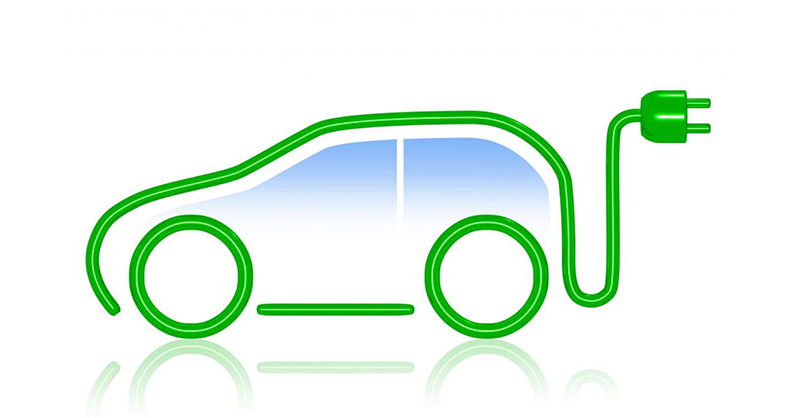
Did you know the first electric vehicle was introduced more than 100 years ago? Today, electric vehicles are rising in popularity, and the development of the autonomous vehicle is partially responsible. One of the most publicized benefits of autonomous vehicles (AVs) is the decreased consumption of gasoline, leading to a reduction in demand for fossil fuels. Combined with stricter emissions regulations, the question is will these changes singlehandedly kill the fuel industry?

It comes as no surprise that nearly all AVs are either hybrids or pure electric vehicles, according to USA Today. Elon Musk, a leader in the autonomous revolution, predicts a future that is both driverless and all-electric, powered by batteries instead of gasoline per a Bloomberg Technology Report. At face-value this may seem like a fantastic scenario, however, as with most industry revolutions, the changes aren’t as simple as they may seem.
The reduction of fossil fuels is a hot topic in the automotive industry as the transportation industry accounts for 14% of the world's greenhouse emissions. There are stringent regulations that play a role in the production of automobiles. Per the Environmental Protection Agency, new cars will need to average 51.4 miles per gallon by 2025 to meet the required emissions output limits.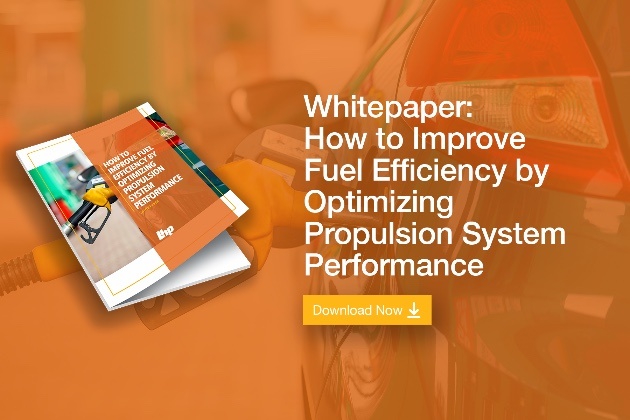 Given these stringent regulations, it’s no wonder there is an increase in interest for battery-powered vehicles. Interestingly, California recently announced their plans to regulate non-electric vehicles from their roadways. California is approaching it from a different angle through rules, regulations and incentives to minimize the number of non-electric vehicles and increase the number of electric vehicles on the road. Don’t worry, this isn’t going to happen anytime soon, but it is a reality we need to consider.
Given these stringent regulations, it’s no wonder there is an increase in interest for battery-powered vehicles. Interestingly, California recently announced their plans to regulate non-electric vehicles from their roadways. California is approaching it from a different angle through rules, regulations and incentives to minimize the number of non-electric vehicles and increase the number of electric vehicles on the road. Don’t worry, this isn’t going to happen anytime soon, but it is a reality we need to consider.
In fact, countries like the United Kingdom, Norway, France, Netherlands, India, and China, have all made similar statements, announcing they will eliminate the gasoline-powered cars in the coming decades. With an extreme change like this, there is the question of how it will be enforced? What will be done if people can’t afford to buy an electric or autonomous vehicle or simply refuse to? And of course, if gas-fueled vehicles are banned, what will result from a decreased demand for fossil fuels?
Is a Battery-Powered Future Really Better?
While it’s easy to assume that battery-powered or autonomous vehicles are the answer to many of our environmental problems, science tells us something different. Given the immense amount of power these batteries use and the means in which they are produced, batteries may not be as “green” as we once thought. Another factor to consider is that while most autonomous vehicles are battery-powered, not all of them are, and those that are, use an excessive amount of power.
According to Chris Thomas, BorgWarner’s Chief Technology Officer, “The autonomous features on a Level 4 or 5 vehicle, which can operate without human intervention, devour so much power that it makes meeting fuel economy and carbon emissions targets five to 10 percent harder.” BorgWarner believes “Today’s prototypes for fully autonomous systems consume two to four kilowatts of electricity -- the equivalent of having 50 to 100 laptops continuously running in the trunk.” The added power drain would be too much for autonomous vehicles to run on the current battery systems alone.
In the same article, the founder of Cairn Energy Research Advisors, Sam Jaffe, said “Hybrid-electric vehicles probably make sense for the first driverless cars, which are likely to be robotaxis. They’re going to favor plug-in hybrid EVs, and they’re going to require that extra gasoline engine, both to extend the range to be able to do a taxi type of duty cycle, but also to help mitigate the proportion of the autonomous systems on the battery pack itself.”
Electric cars on the other hand, need more electrical brainpower to manage the vision, guidance, and mapping technology and process the ever-growing volume of software coding. This is causing automakers and suppliers to get creative in how they offset emissions.
Another point to consider is the resources required to actually create the batteries that power electric vehicles. In an article by DW.com, “If e-cars are running on electricity produced by burning dirty fossil fuels, climate benefits are limited. Because of the complex batteries they use, it currently takes more energy to produce an electric car than a conventional one. And, disposing of those batteries creates an environmental hazard.”
The article goes on to explain that “The production of electric vehicles currently poses the biggest environmental problem. According to a study by the Fraunhofer Institute for Building Physics, it takes more than twice the amount of energy to produce an electric car as a conventional one.”
So, which is worse? The emissions from fossil-fueled vehicles, or the emissions from power plants producing these heavy-weight batteries? Will the power needed to feed the intelligent brain of AVs prove to be too much, causing automakers to keep up with fuel efficiency regulation benchmarks? Maybe AVs and electric vehicles won’t kill the fuel industry after all, or at least, not as soon as we might be lead to think.
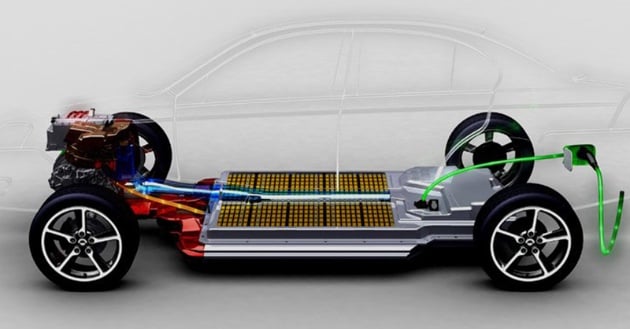
1 min read
When Toyota launched the first Prius in 1997, many consumers probably didn’t imagine that just 20 short years later the electric- and hybrid-vehicle...
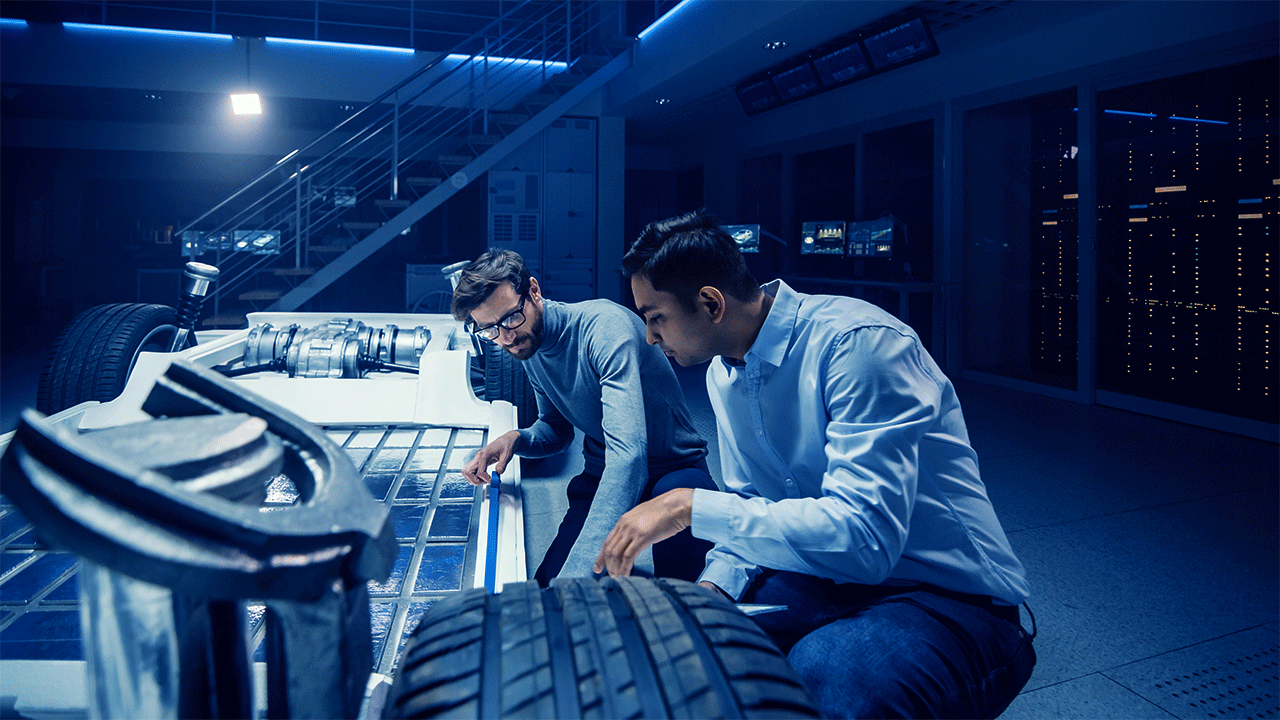
What is Electric Vehicle Functional Safety Testing? Electric vehicle (EV) technology is evolving rapidly. Additionally, the demand for these vehicles...
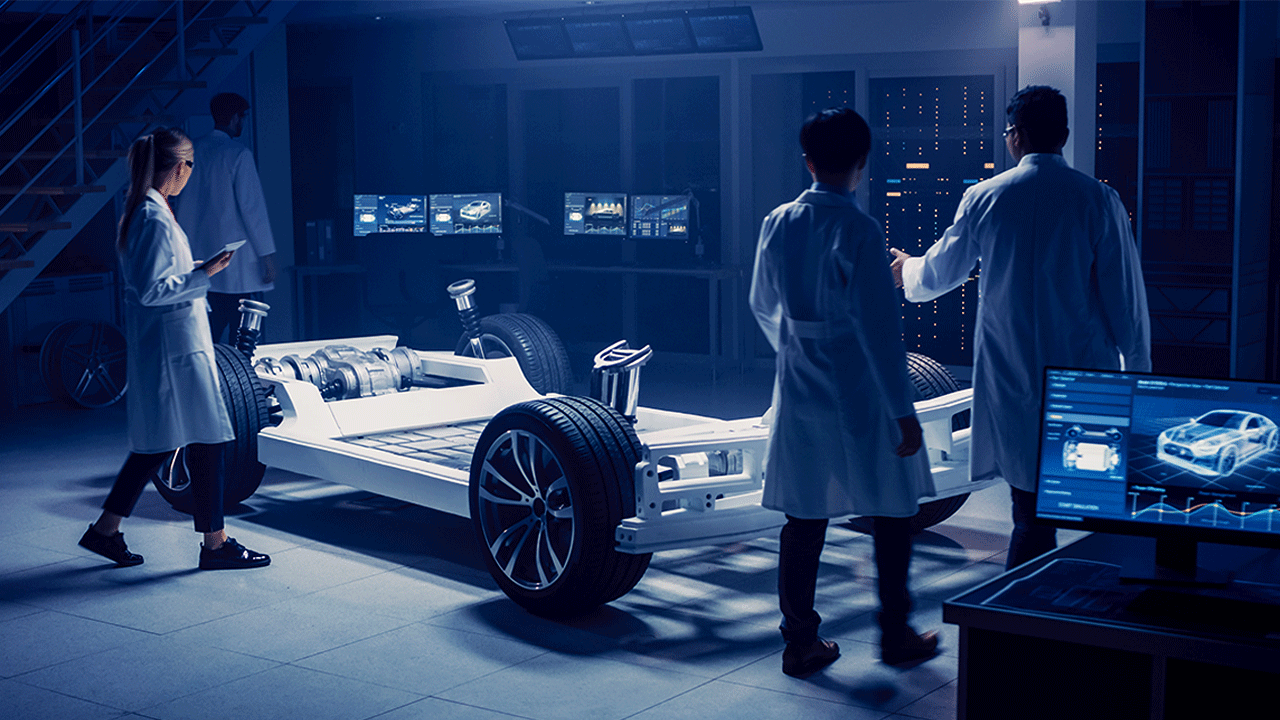
Electric Vehicle Considerations for Functional Safety Verification and Validation Testing The functional safety standard for the automotive industry,...